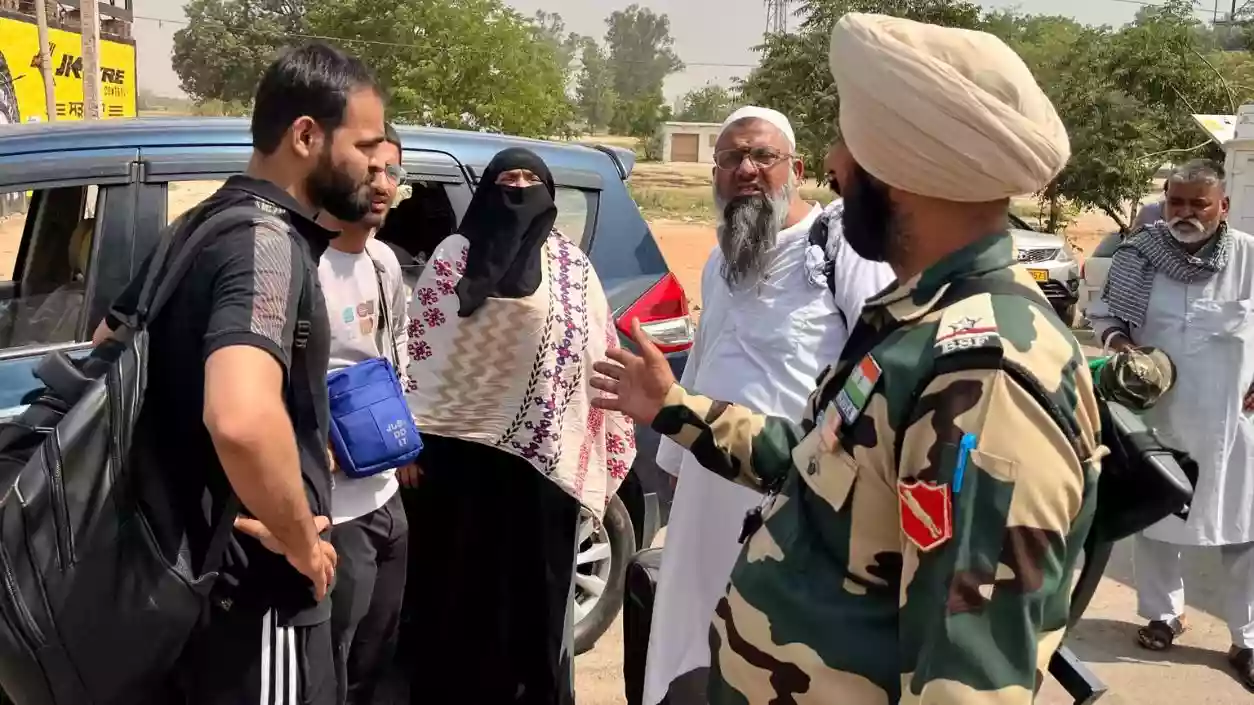.gif)
.gif)

The Ministry of Home Affairs has extended the deadline for Pakistani nationals to exit India through the Attari-Wagah border until further orders. The earlier directive, issued on April 24, had asked all Pakistani citizens to leave by April 30. The new order allows those with valid exit clearances to return to Pakistan beyond the original deadline via the Integrated Check Post at Attari.
The move follows the April 22 terror attack in Pahalgam, Jammu and Kashmir, in which 26 people — primarily tourists — were shot dead by terrorists linked to Pakistan. In the aftermath, the government canceled all existing visas issued to Pakistani nationals. Those holding SAARC and short-term visas were instructed to leave India by April 27, while those on medical visas were given time until April 29.
According to government records, at least 786 Pakistani nationals, including 55 diplomats and their staff, have exited India through the Attari-Wagah border since April 24. During the same period, 1,465 Indian citizens returned from Pakistan. The 12 categories of visas that were affected included business, journalist, medical, conference, student, group tourist, pilgrim, group pilgrim, transit, visitor, mountaineering, and film visas.
Among those impacted is a Pakistani woman named Mufzala, who has been residing in Baramulla for six years with her two children. She holds a long-term visa. “What happened in Pahalgam was a terrorist activity... Why are we suffering because of this?” she said. Another Pakistani national on a 45-day visa was sent back after just seven days, stating the return was sudden and unexpected.
On April 29, the Home Ministry issued an additional guideline exempting Pakistani Hindus from deportation if they had applied for long-term visas and their applications were under process. Those eligible for LTVs but yet to apply were also given temporary protection, provided they submitted their applications immediately. Any Pakistani individual overstaying without government clearance may face prosecution, a fine of up to ₹3 lakh, or imprisonment for up to three years.